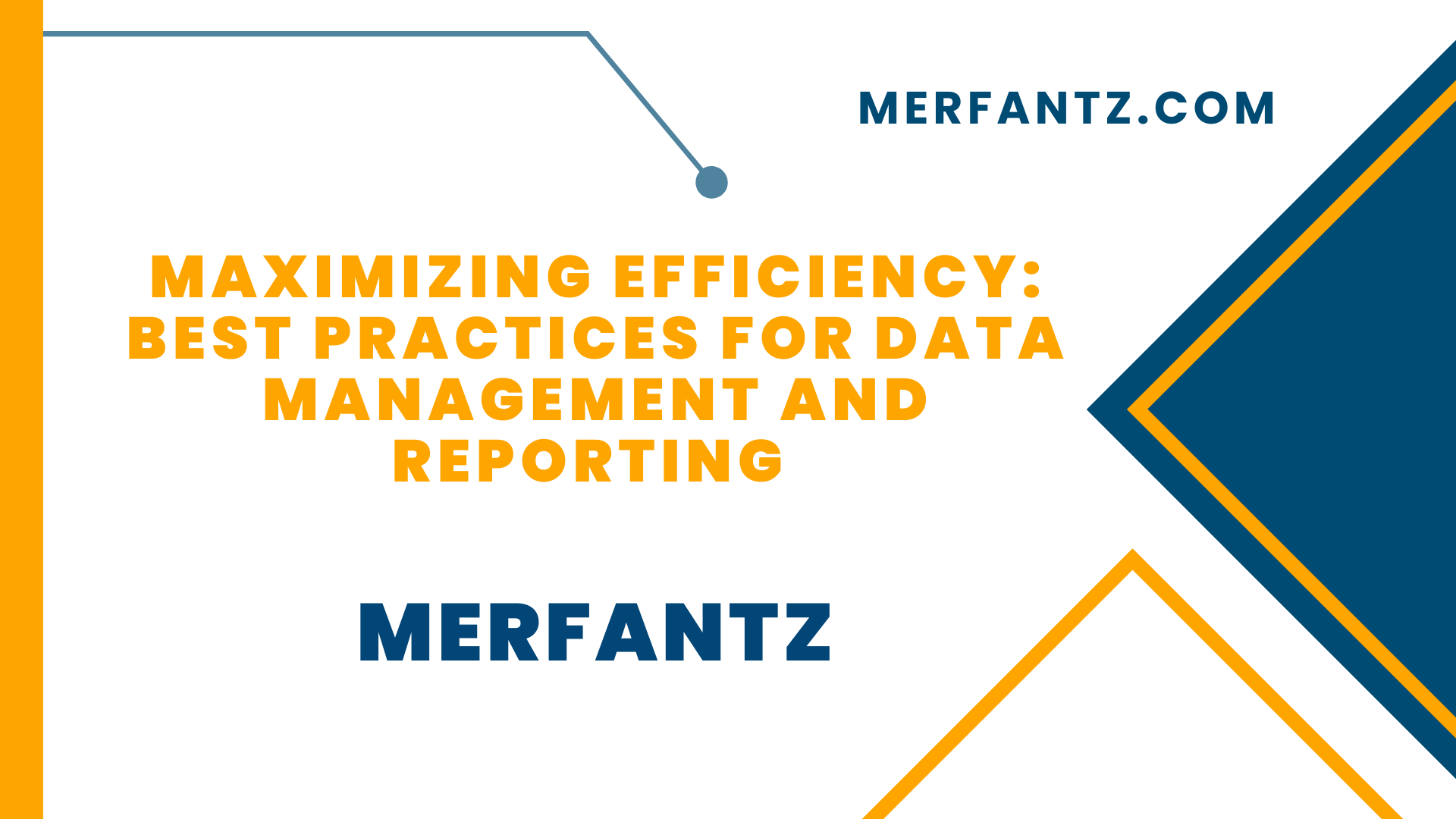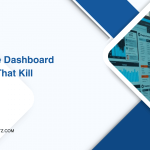The Importance of Efficient Data Management
Efficient data management is crucial for businesses of all sizes and industries. In today’s data-driven world, organizations need to collect, organize, and utilize data effectively to make informed decisions and drive business growth. Without proper data management practices in place, companies may struggle with data silos, inconsistent data quality, and inefficient reporting processes. That’s where Salesforce integration services come into play. By seamlessly integrating Salesforce, a leading customer relationship management (CRM) platform, with your existing systems and applications, you can centralize and manage your data efficiently, unlocking its full potential.
Salesforce integration services enable businesses to streamline their data management processes by connecting various systems and applications, such as ERP, marketing automation, e-commerce platforms, and more, to a single unified platform. This integration eliminates the need for manual data entry, reduces errors, and ensures data consistency across the organization. With Salesforce as the central hub for your data, you gain a holistic view of your customers, sales pipelines, marketing campaigns, and other critical business metrics. This comprehensive visibility empowers your team to make data-driven decisions, improve operational efficiency, and enhance customer experiences.
Enhancing Productivity Through Streamlined Reporting
Efficient reporting is essential for tracking and analyzing key business metrics, measuring performance, and identifying areas for improvement. However, manual and fragmented reporting processes can be time-consuming, error-prone, and hinder productivity. Salesforce integration services offer seamless integration with reporting tools, enabling businesses to automate data extraction, transformation, and visualization. By consolidating data from multiple sources and generating real-time reports within Salesforce, you can empower your teams with accurate and actionable insights, driving informed decision-making and increasing productivity.
With streamlined reporting capabilities, you can create customized dashboards and reports tailored to your specific business needs. These reports can provide valuable insights into sales trends, customer behavior, campaign effectiveness, and more. By leveraging Salesforce’s reporting features and integrating data from various systems, you can access real-time information, identify patterns, and uncover opportunities for optimization. The ability to generate comprehensive reports quickly and efficiently enhances your team’s productivity, allowing them to focus on strategic initiatives and drive business growth.
Key Challenges in Data Management and Reporting
Effective data management and reporting come with their own set of challenges. Many organizations struggle with data silos, where information is scattered across different systems, departments, or locations. This fragmentation hinders data accessibility and makes it difficult to derive meaningful insights. Additionally, maintaining data quality and ensuring accurate and consistent data across systems can be a significant challenge. Without a streamlined data management approach, businesses may face data duplication, inaccuracies, and outdated information, leading to unreliable reporting and decision-making.
Another common challenge is the manual effort involved in data entry and reporting processes. When data is manually entered or transferred between systems, it increases the likelihood of errors and consumes valuable time that could be better spent on strategic activities. Furthermore, as businesses grow and expand, integrating data from various systems becomes complex and time-consuming, requiring specialized expertise and resources. Overcoming these challenges is vital to unlock the full potential of your data and optimize your business operations.
Best Practices for Data Collection and Organization
To ensure efficient data management and reporting, it is essential to establish best practices for data collection and organization. Start by identifying the key data points that are critical for your business operations and reporting needs. This could include customer information, sales data, marketing metrics, or any other relevant data sources. Implement data capture mechanisms that automate the collection process and minimize manual entry errors. Leverage Salesforce’s robust data management capabilities, such as custom objects, fields, and validation rules, to structure and organize your data effectively.
Furthermore, consider implementing data governance practices to maintain data integrity and consistency. Define data ownership, establish data quality standards, and implement regular data cleansing processes to eliminate duplicates and outdated information. Regularly review and update your data management policies to accommodate changing business needs and evolving data regulations. By adopting best practices for data collection and organization, you lay a solid foundation for efficient reporting and decision-making.
Data Quality Assurance and Validation Techniques
Data quality is critical for accurate reporting and decision-making. Implement data quality assurance and validation techniques to ensure that your data is accurate, complete, and reliable. Leverage Salesforce’s data validation rules to enforce data integrity and prevent data entry errors. Implement automated processes to validate data against predefined criteria, such as email address formats or numeric ranges. Regularly perform data audits to identify and correct any data quality issues, ensuring that your reports are based on trustworthy data.
Additionally, consider implementing data profiling and cleansing techniques to maintain data quality. Data profiling involves analyzing and understanding the characteristics and quality of your data, identifying patterns, and detecting anomalies. Data cleansing involves removing or correcting errors, inconsistencies, and duplicates in your data. These techniques help improve the accuracy and reliability of your data, ensuring that your reporting is based on high-quality information.
Leveraging Automation for Efficient Reporting
Automation plays a crucial role in streamlining reporting processes and increasing efficiency. Salesforce integration services offer automation capabilities that can significantly reduce manual effort and improve reporting accuracy. By automating data extraction, transformation, and loading (ETL) processes, you can eliminate time-consuming manual data entry and minimize the risk of errors. Additionally, leverage Salesforce’s workflow and process automation features to schedule and generate reports automatically, ensuring timely delivery of key insights to stakeholders.
Moreover, consider implementing real-time data integration to enable up-to-date reporting. Real-time integration ensures that the data used in reports is always current, allowing for accurate and timely decision-making. With automated reporting, you can create standardized templates and distribute reports to relevant stakeholders with ease. By leveraging automation, you not only save valuable time but also improve data accuracy and enable faster access to critical business information.
Role of Analytics in Data-driven Decision Making
Analytics plays a vital role in leveraging data for informed decision-making. By integrating Salesforce with analytics tools, you can unlock the power of data visualization and advanced analytics techniques. These tools enable you to explore and analyze data in-depth, uncovering valuable insights and trends. With interactive dashboards and visualizations, you can easily interpret complex data and communicate findings to stakeholders. By harnessing the power of analytics, you can make data-driven decisions that drive business growth and optimize your operations.
Furthermore, advanced analytics techniques, such as predictive analytics and machine learning, enable you to forecast outcomes, identify patterns, and uncover opportunities for optimization. By leveraging these techniques, you can proactively identify customer preferences, anticipate market trends, and optimize sales and marketing strategies. The integration of Salesforce with analytics tools empowers you to derive actionable insights from your data, providing a competitive advantage in today’s data-driven business landscape.
Security Measures for Data Management and Reporting
Data security is of utmost importance when it comes to data management and reporting. Salesforce integration services provide robust security measures to protect your data throughout its lifecycle. With Salesforce, you benefit from advanced security features, including user authentication, data encryption, and access controls. Additionally, Salesforce undergoes regular security audits and certifications to ensure compliance with industry standards and data protection regulations. By leveraging Salesforce integration services, you can have peace of mind knowing that your data is secure and protected.
In addition to Salesforce’s built-in security measures, it is important to implement internal security practices. This includes user access controls, role-based permissions, and regular user training on data security best practices. Regularly review and update security policies to align with evolving threats and industry standards. By implementing a comprehensive security framework, you can mitigate the risk of data breaches and unauthorized access, safeguarding your data and maintaining the trust of your customers and stakeholders.
Integrating Data Management Systems for Seamless Operations
Integrating data management systems is essential to ensure seamless operations and efficient data flow across your organization. Salesforce integration services enable you to connect your CRM system with other crucial business applications, such as ERP, marketing automation, customer support, and more. By breaking down data silos and creating a unified data ecosystem, you can enhance collaboration among teams, improve data visibility, and accelerate decision-making processes.
Furthermore, integrating data management systems allows for real-time data synchronization, ensuring that your teams have access to the most up-to-date information. This seamless flow of data enables a more holistic view of your customers and business operations, fostering better customer experiences and more informed business strategies. With Salesforce integration services, you can streamline your workflows, reduce manual data handling, and create a more agile and responsive organization.
Partnering with Merfantz Technologies for Data Optimization Solutions
When it comes to maximizing efficiency in data management and reporting, partnering with Merfantz Technologies can provide you with cutting-edge data optimization solutions. As a leading provider of Salesforce integration services, we specialize in tailoring our solutions to meet your unique business needs. Our team of experts will work closely with you to understand your data requirements, identify pain points, and design a comprehensive integration strategy that aligns with your business objectives.
At Merfantz Technologies, we bring years of experience in implementing successful data integration projects across various industries. Our proven methodologies ensure a smooth and seamless integration process, minimizing disruption to your daily operations. With a focus on data security, accuracy, and efficiency, we aim to empower your organization with reliable, data-driven insights that fuel growth and success. Partner with Merfantz Technologies today and unlock the true potential of your data to drive innovation and make better business decisions.
FAQ:
What is the significance of Salesforce integration services?
Salesforce integration services are essential for businesses to streamline their data management and reporting processes. By integrating Salesforce with other business systems, organizations can centralize data, eliminate manual tasks, and gain a comprehensive view of their operations. This integration enhances productivity, data accuracy, and informed decision-making.
How does data integration benefit my organization?
Data integration allows your organization to break down data silos and establish a unified data ecosystem. It enables seamless data flow between different applications, ensuring real-time access to accurate and consistent information. This, in turn, enhances collaboration, customer experiences, and operational efficiency.
Is data security a concern when using Salesforce integration services?
Data security is a top priority when using Salesforce integration services. Salesforce provides robust security measures, including encryption, access controls, and regular audits. Additionally, implementing internal security practices ensures that your data remains protected throughout its lifecycle.
What are the best practices for data management?
Best practices for data management include identifying critical data, implementing data governance, ensuring data quality, establishing data security measures, maintaining data documentation, and regularly updating data management policies.
How does data management increase efficiency?
Data management increases efficiency by centralizing and organizing data, reducing data duplication and inconsistencies, improving data accessibility, streamlining data entry and reporting processes, automating data-related tasks, and providing accurate and timely insights for decision-making.
What is efficient data management?
Efficient data management refers to the systematic and strategic handling of data throughout its lifecycle, including data collection, organization, storage, integration, maintenance, and analysis. It involves implementing processes, tools, and practices that optimize data usage, accessibility, accuracy, and security, leading to improved operational efficiency and effective decision-making.
What are the three main processes of data management?
The three main processes of data management are data collection, data storage and organization, and data analysis and reporting. These processes encompass capturing data from various sources, structuring and storing data in a centralized and accessible manner, and utilizing data to gain insights and support decision-making.
Conclusion:
Efficient data management and reporting are essential for modern businesses seeking to thrive in a data-driven world. By leveraging Salesforce integration services, organizations can optimize their data processes, streamline reporting, and drive informed decision-making. Implementing best practices for data collection, organization, and validation, as well as harnessing the power of automation and analytics, allows businesses to unlock the full potential of their data.
Merfantz Technologies stands ready to partner with you on your journey to data optimization. With our expertise in Salesforce integration and data management, we provide tailored solutions to meet your unique business needs. Together, we can maximize efficiency, enhance productivity, and propel your organization towards sustainable growth and success. Contact us today to embark on a data-driven transformation that will empower your business for the future.
Author Bio
Co-Founder & CMO at Merfantz Technologies Pvt Ltd | Marketing Manager for FieldAx Field Service Software | Salesforce All-Star Ranger and Community Contributor | Salesforce Content Creation for Knowledge Sharing






